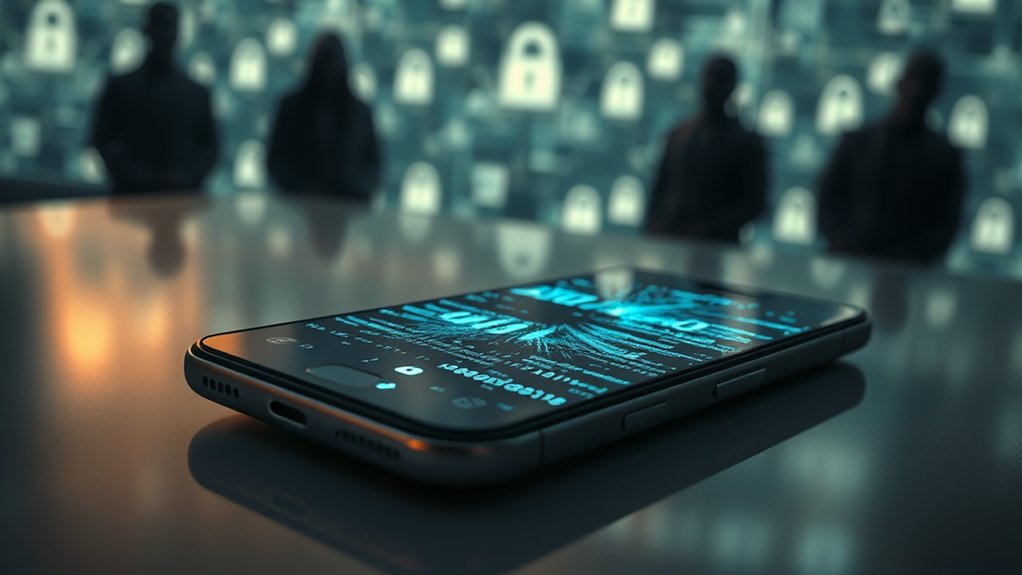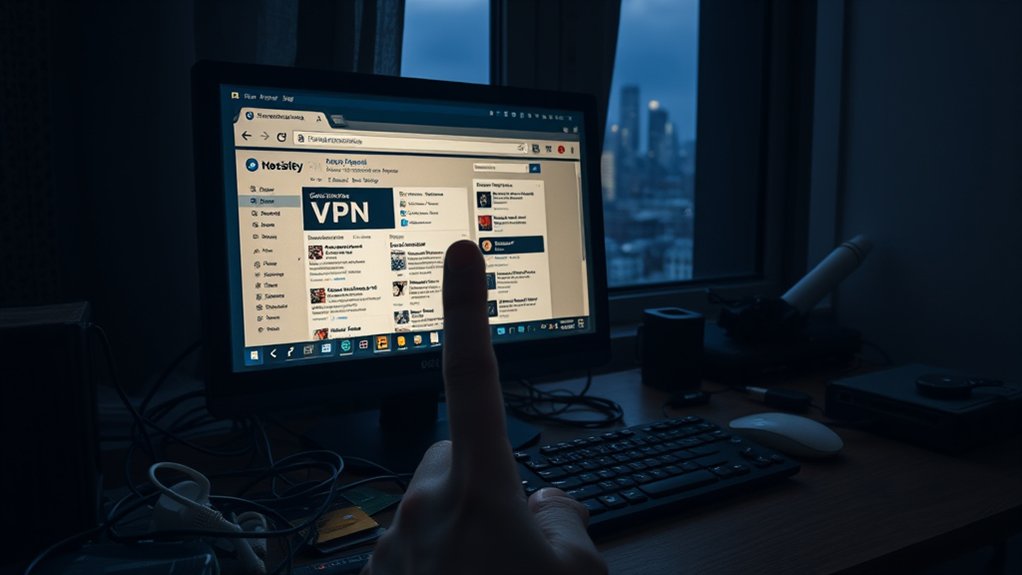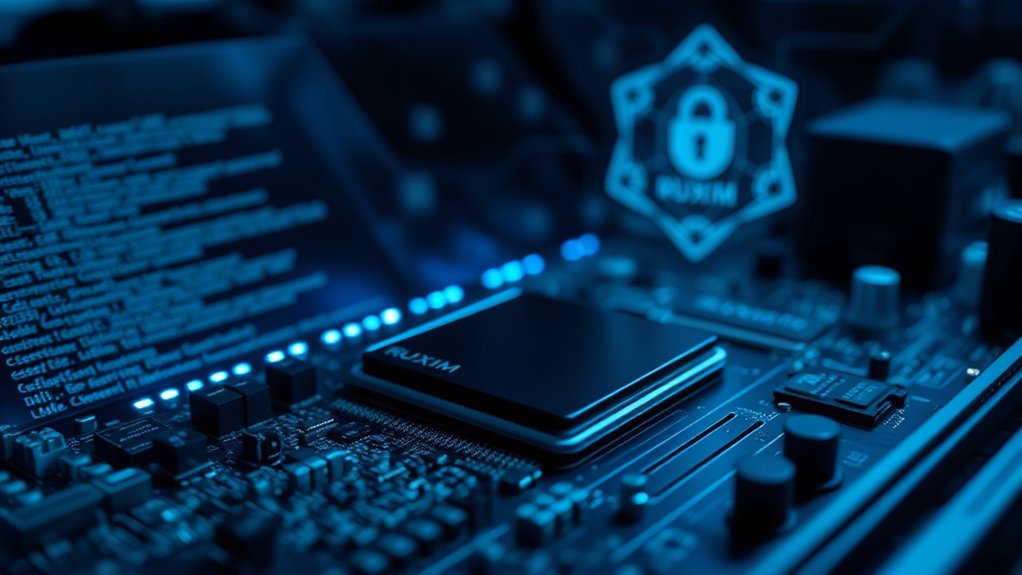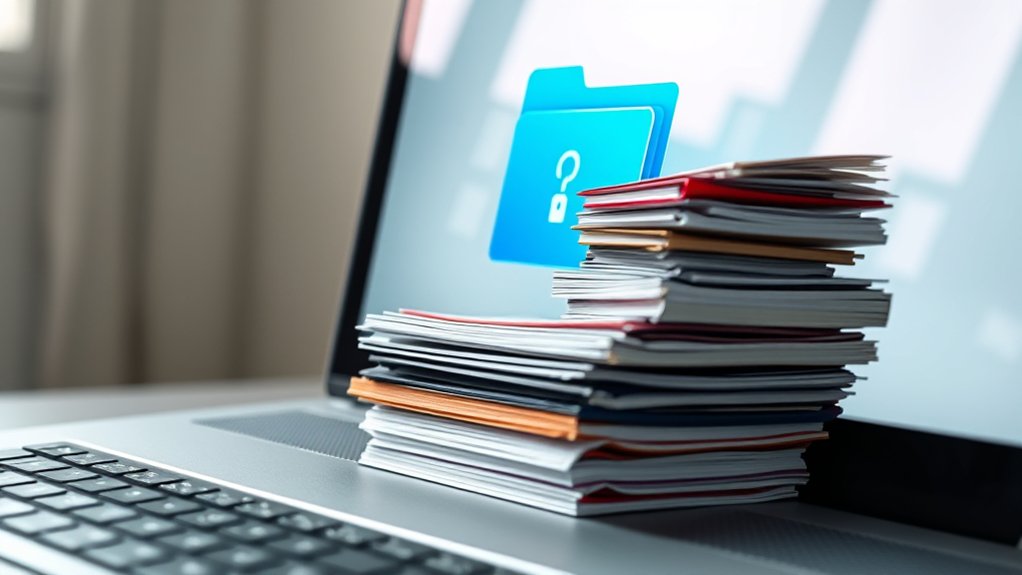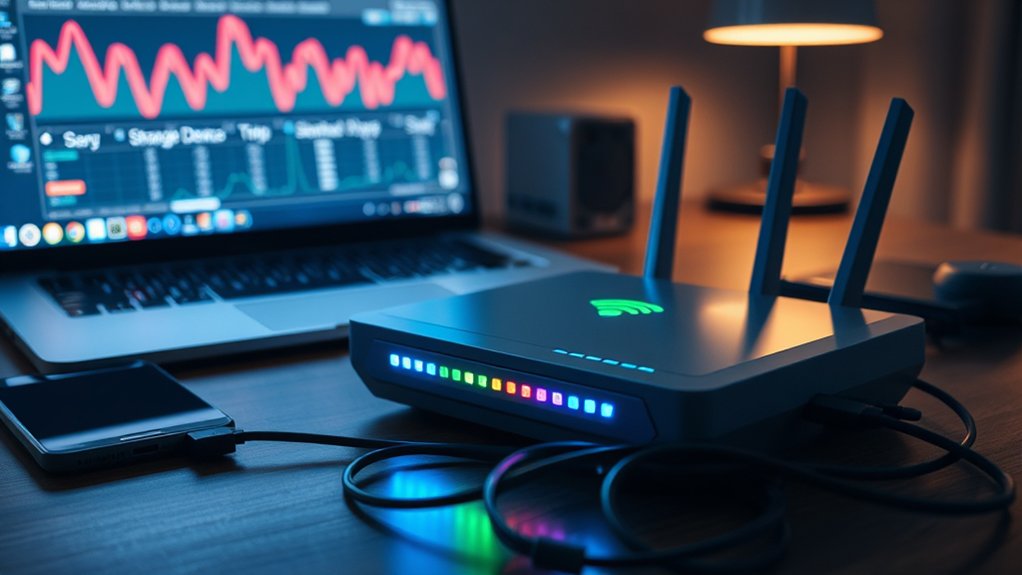Pegasus spyware, developed by NSO Group, serves as a serious security threat because of its capacity for stealthily infiltrating mobile devices. This software utilizes zero-click exploits to access sensitive data, including communication and location information, often targeting journalists and activists. Its ability to bypass encryption raises significant privacy concerns, as legal authorities globally impose restrictions in response to public outcry. The implications of its use underscore the urgent need for improved cybersecurity measures, which will be examined further.

As surveillance technologies advance, the emergence of Pegasus spyware has raised significant concerns regarding privacy, security, and the ethical use of such tools. Developed by the Israeli company NSO Group, Pegasus is designed to track terrorists and criminals. Its capabilities include sophisticated, stealthy infiltration of mobile devices, collecting extensive data without user interaction. The software targets smartphones running on both iOS and Android operating systems, with documented cases of spying on high-profile individuals, particularly journalists and activists.
Pegasus operates using zero-click exploits, allowing seamless installation on devices without requiring action from the target. Its functionality allows for data extraction from text messages and emails, access to device cameras and microphones, and real-time tracking of location and communications. The spyware can even bypass encryption, raising critical alarms regarding the integrity of personal data. Consequently, the implications for privacy and security are profound, extending beyond individual targets to encompass their contacts, thereby creating a web of pervasive surveillance. Additionally, the prevalence of dark web monitoring services highlights the growing need for individuals to protect their personal information against breaches. Highly sophisticated spyware like Pegasus has been shown to compromise phone security without detection, heightening the threat level for users. Furthermore, staying updated with emerging threats is essential in enhancing one’s cybersecurity.
Pegasus utilizes zero-click exploits for stealthy infiltration, enabling data extraction and real-time surveillance, threatening personal privacy and security.
The ethical ramifications of Pegasus’s usage are further complicated by its potential to violate fundamental privacy rights. Critics argue that the spyware undermines democratic processes by surveilling officials, journalists, and activists, ultimately infringing on human rights regarding freedom of expression and assembly. Legal authorities across various nations have begun to impose restrictions on surveillance technologies, fueled by public and governmental outcry against unauthorized usage.
The NSO Group has faced lawsuits over Pegasus, sparking intense debates about balancing security needs with established privacy rights. Detection of Pegasus remains a formidable challenge owing to its advanced stealth capabilities. Tools like the Mobile Verification Toolkit (MVT) are necessary for detection, and specialized cybersecurity experts are recommended for effective removal.
Although the average user is unlikely to be directly targeted, awareness and education on cybersecurity practices are fundamental. Regular updates and security audits can serve as a barrier against spyware threats, emphasizing the crucial intersection of technology and individual rights in modern society.
Frequently Asked Questions
Who Developed Pegasus Spyware and Why?
Pegasus spyware was developed by the Israeli company NSO Group in 2011, initially aimed at assisting law enforcement and counter-terrorism efforts.
The spyware was marketed for its abilities to combat significant crimes, with claims of regulatory approval required for its sale.
In spite of this intent, Pegasus has faced criticism for being misused against journalists and activists, raising ethical concerns and prompting discussions about privacy rights in conjunction with national security objectives.
How Can I Check if I’m Infected With Pegasus?
To ascertain potential Pegasus spyware infection, individuals can utilize various detection tools.
The Mobile Verification Toolkit (MVT) offers a method for analyzing device backups. Furthermore, unusual device behavior, such as excessive data usage or unexpected shutdowns, may indicate infection. Expert intervention can provide further insights.
Regular software updates and cautious handling of suspicious communications are recommended preventative strategies. These measures are crucial for identifying and mitigating potential risks associated with advanced spyware like Pegasus.
What Devices Are Vulnerable to Pegasus Spyware?
Certain devices remain susceptible to Pegasus spyware, particularly specific iOS and Android versions.
On iOS, zero-day vulnerabilities in apps like iMessage allow zero-click attacks, facilitating infection without user interaction.
Conversely, Android devices often necessitate root access or require user permissions if rooting fails.
High-value individuals typically face targeting, owing to the sophisticated nature and expense of Pegasus, which exploits exposed messaging applications such as WhatsApp and Telegram for deployment.
Is There Any Way to Prevent Pegasus Infection?
To prevent Pegasus infection, users should employ several proactive measures.
Regular device reboots can disrupt persistent malware, whereas staying current with security updates mitigates vulnerabilities. Experts recommend avoiding suspicious links, using secure browsers, and employing Virtual Private Networks (VPNs) to encrypt data.
Furthermore, features like Apple’s Lockdown Mode and disabling potentially exploitable messaging platforms may further safeguard devices. Strong passwords and multi-factor authentication as well markedly improve overall security against such threats.
Are There Legal Implications for Using Pegasus Spyware?
The use of Pegasus spyware carries significant legal implications, particularly underscored by lawsuits against NSO Group.
For instance, WhatsApp’s litigation claims Pegasus targeted users unlawfully, including journalists.
Recent U.S. court rulings have established NSO’s liability for hacking, setting precedents for accountability.
These legal outcomes highlight the need for stringent regulations to protect human rights, as the misuse of such surveillance tools complicates jurisdictional issues and raises concerns about privacy violations globally.
